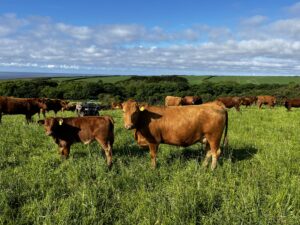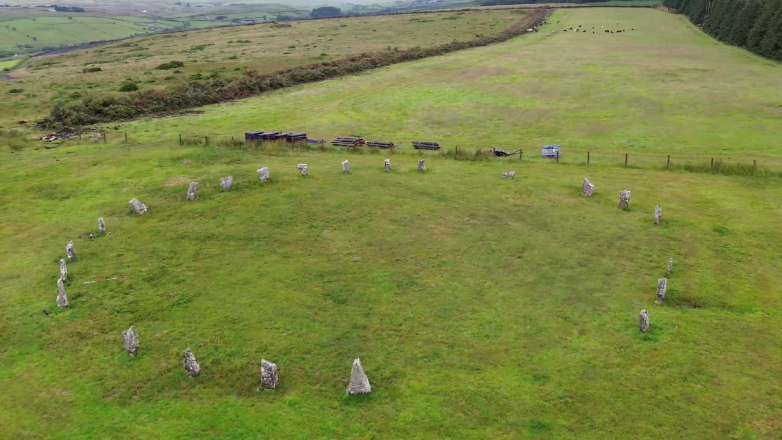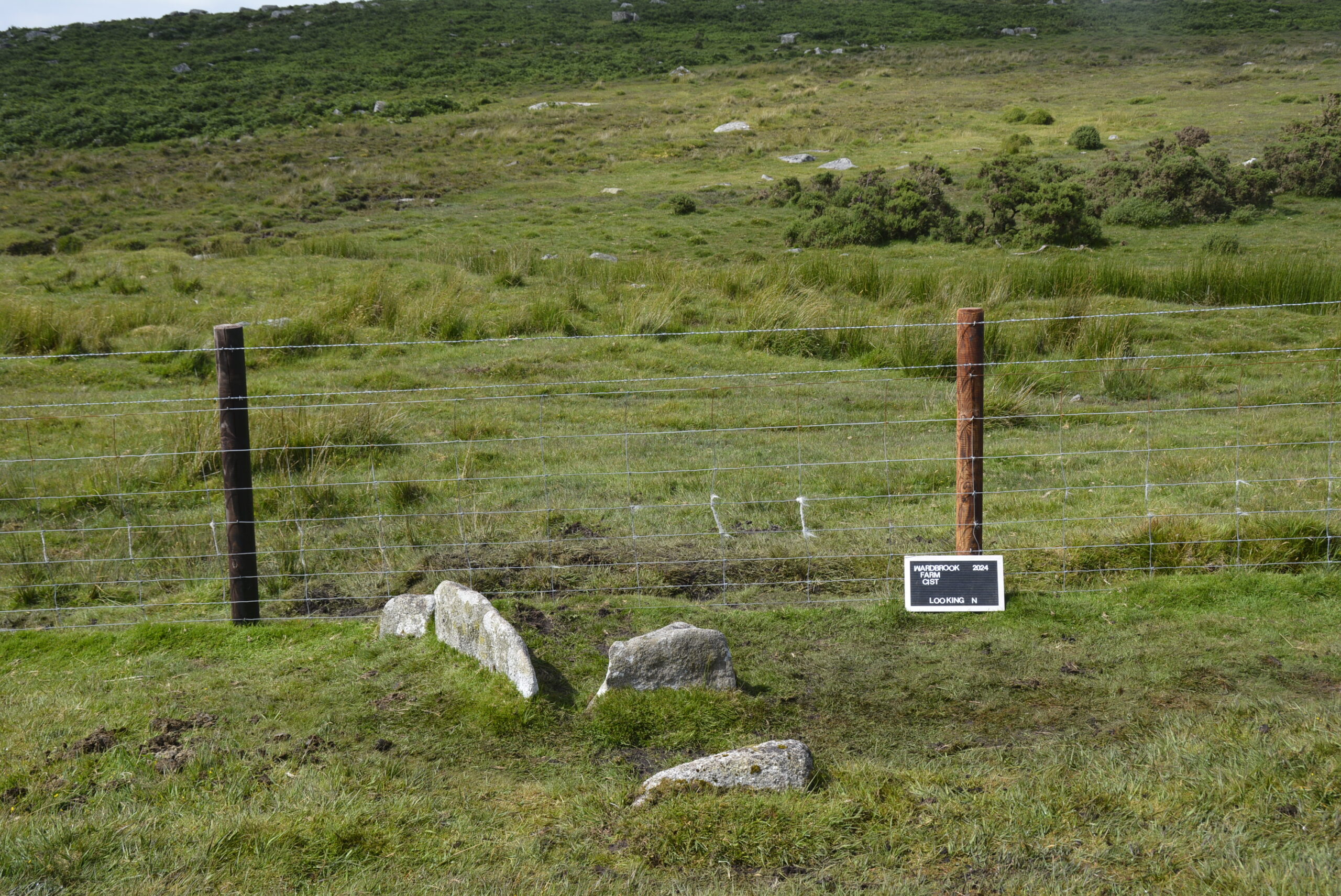
Beef farmers are invited to join the OPTICK Project
To help manage tick-borne risks.
Sara Tipler
Earliest use of bronze tools and weapons, gradual rise of early civilisations, writing and increased trade.
Period
2500BC – 800BC The Bronze Age (4,500 – 2,200 years ago)
The first metals discovered were gold and tin in the gravelly stones of rivers and streams, and copper in the green streaks on rocky outcrops. The smelting (heating) of ore must have seemed like a magical art; turning stones into metal, with the molten tin, copper, and gold comparing only to the brightness and colour of the sun.
We know a large amount of gold was extracted from Cornwall – it has been named a mini “Goldrush”. Much was exported to Ireland, France and further, to become torcs, rings, and bracelets, even a solid gold cape was found in a Welsh barrow – perhaps made from Cornish gold. Copper was improved when mixed with tin – creating bronze and used everywhere, from complex weapons and tools to sophisticated jewelry. Tin was rare and much sort-after, making Cornwall an important place worldwide.
Adding to the older Neolithic landscape of fields, settlements, and stone monuments, the people built many barrows to honor their dead. These could be simple mounds of earth near to their homes, or stone mounds – ‘ring-cairns’, or slab stone boxes – a ‘cist’, or large features incorporating natural outcrops on hilltops, perhaps for someone important. The dead were often cremated with the ashes buried in an urn, sometimes with personal treasures like beads, a dagger, or bone pin.
The Moors still retain the foundations of hundreds of stone roundhouses with field boundaries suggesting permanently inhabited settlements, or more isolated ones used for summer grazing of the uplands. They vary in diameter from 2m to 40m. In the lowland of Cornwall, Middle Bronze Age (around 3,500 – 3,200 years ago/ c 1500-1200 BC) roundhouses have been discovered. These were built with floors sunken into the ground, and sadly much evidence of farming and lifestyle has been largely ploughed away.


4 Monuments
11 Monuments
9 Monuments
3 Monuments
4 Monuments
1 Monuments
